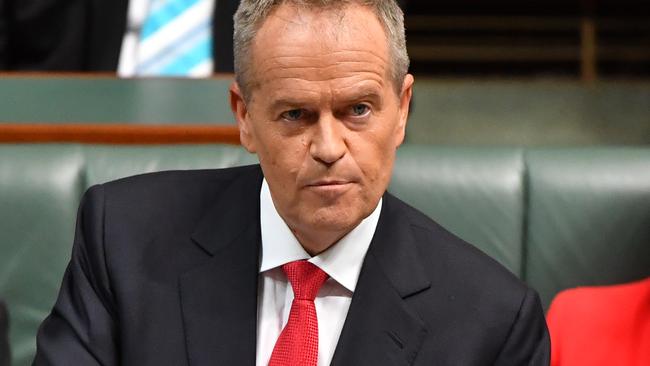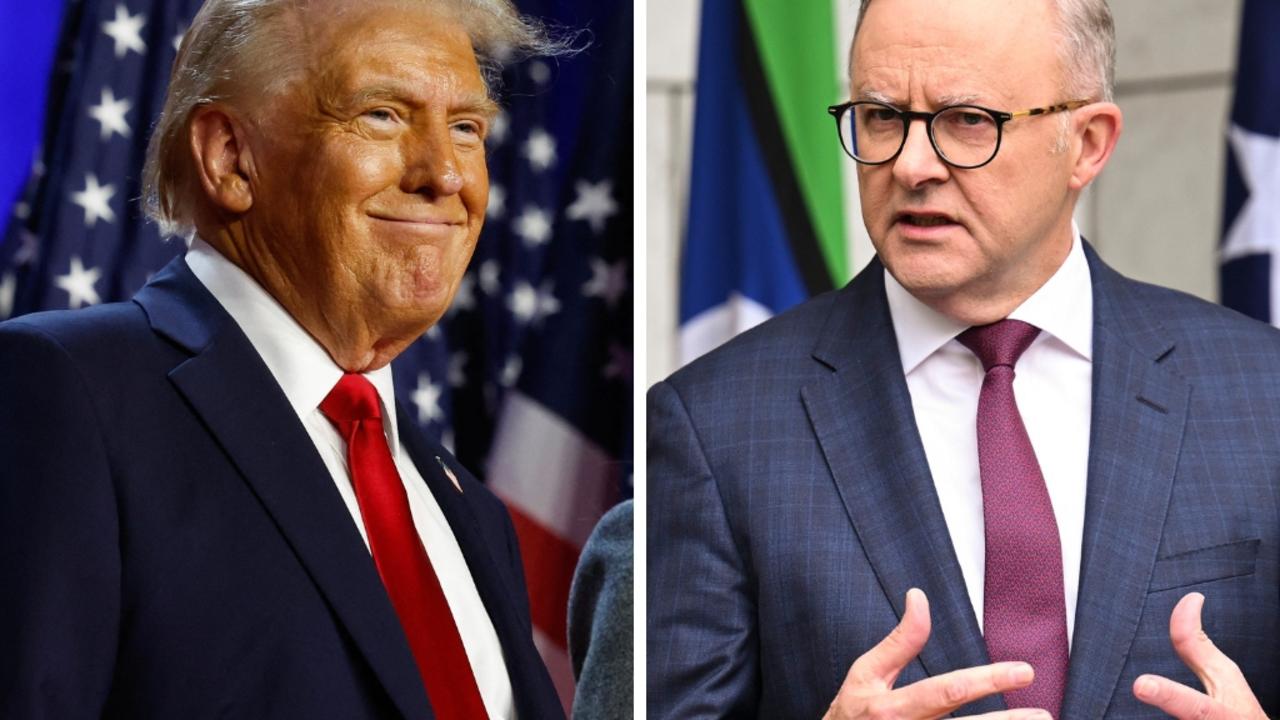Battle of the cuts puts $5.8bn in ALP’s pocket
Bill Shorten’s suite of election commitments has been entirely funded by the government’s decision to match Labor’s tax cuts.

Bill Shorten’s suite of election commitments in his budget reply speech has been entirely funded by the government’s decision to match Labor’s tax cuts for middle- income earners.
The Opposition Leader committed $4.3 billion over the four-year budget period to cancer treatment, skills training and tax cuts for the low-paid.
However, the Coalition’s budget tax package has allowed Labor to pocket a saving of $5.8bn, which it was planning to spend by topping up the government’s tax offset for middle-income earners.
Labor has so far only committed to spending about half the $30bn raised over four years by its attack on tax concessions and increasing the top marginal tax rate.
Mr Shorten confirmed Labor would oppose the later stages of the government’s tax plan, which include setting a 30 per cent marginal tax rate for all earnings between $45,000 and $200,000, which carries a total cost over a decade of $280bn.
However, he said Labor would back the decision to raise the tax offset for middle-income earners from the $530 announced in last year’s budget to $1080 in this week’s budget.
Last year Labor condemned the offset, targeted at middle-income earners, as inadequate and promised that if elected it would lift it to $928 per person — a 75 per cent increase. However, it has decided not to advance the bidding war for the middle-income earners.
“From 1 July, if you earn between $48,000 and $126,000 — no matter who you vote for in May — you will get the same tax refund,” Mr Shorten said.
This tax cut costs about $20bn over the budget period, but is already covered in the budget.
Rather than bidding even more for middle-income earners, Labor has increased the value of the low-income offset for people earning less than $37,000 from $255 to $350, at a cost of just over $1bn.
This contrasts with the total cost of the Coalition’s personal income tax package, which reaches $302bn over a decade.
Including the $2.3bn cancer treatment package and $1bn extra funding announced last night for apprenticeships and TAFE, Labor has now made spending commitments reaching about $14.5bn over the budget period.
This does not include its climate change commitments, much of which will be covered by off-budget investments in the Clean Energy Finance Corporation and a proposed electric vehicle fund. It also does not include infrastructure commitments, for which budget costings are yet to be released.
“Our projects aren’t out on the never-never, they are locked into our first budget,” Mr Shorten said.
Labor’s plan to abolish tax concessions, while raising more from high-income earners and multinationals, raises $30.5bn over the budget period. This is based on costings prepared by the Parliamentary Budget Office and released by Labor, mostly based on 2016-17 budget estimates.
Labor will update the estimates for how much its tax policies will raise before the election, with the amount likely to rise significantly.


